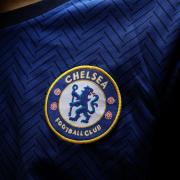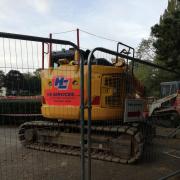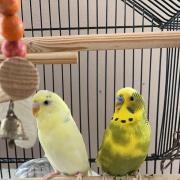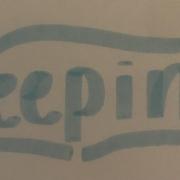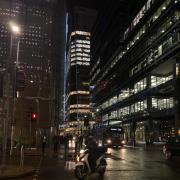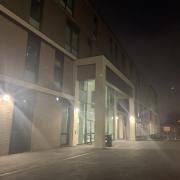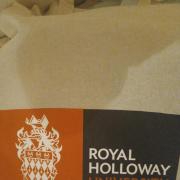
Being able to attend Primary School in Hounslow was for me, one of the biggest blessings. Having friends from all sorts of backgrounds and cultures, and listening to stories of what they'd gotten up to at home or as part of a religious festival. I don't think I realised at the time how lucky I was to be exposed to such a rich mix of culture at so young an age.
In 2018 where there is it seems less appreciation of cultural/religious traditions, it's important that we continue to celebrate and share these with each other.
With a population of over 250,000, 45.2% of people living in the London borough of Hounslow were not born in England which explains the massive diversity in beliefs and traditions. This in turn has contributed to the cultural cohesion which permeates society, not to mention the abundance of restaurants selling Persian food, or many other types of food from around the world.
Other cultural influences brought in from different countries can be found in music, dance, and more recently - slang. Cultural integration has seen many new words slip into London vocabulary and the emergence of multicultural London English – a mixture of Cockney, Bangladeshi and West Indian accents known as 'Jafaican'.
Despite, or perhaps, in light of such integration, many have become protective over their cultural traditions. The rise in use of the term 'cultural appropriation' seems ironic, given that London society is fundamentally a melting pot of different culture where we are all influenced by and exposed to shared traditions on a daily basis. Even for some, Dutch braids on a person who is not Dutch have been considered offensive.
Needless to say, many traditions or items are attributed to having originated from a certain culture when in reality, their origins are completely different. For example, what if I told you that the Italians did not invent pasta as is commonly believed. It was in fact the Chinese.
I asked local citizen Zahida what her outlook was on culture in Hounslow. “There's a big difference between how it was 50 years ago and how it is now. Now it's just like a big mix of everything. Also, views have changed.” That said, an interesting point was raised on whether or not such cultural diversity has led to a more liberal mentality or whether the presence of such culture and tradition has formed the basis for a more conservative society. There is no doubt that views across the world as a whole have changed massively. So were Hounslow a predominantly white area, it is likely that views would be more liberal than they are now, due to less obligation in following traditions.
While at least in Hounslow, most are accepting of cultural differences, it's clear that in other areas there is a lot of caution over cultural expression for fear of being judged.
Primary school for me was a chance to experience a whole range of cultural practices, all while in the comfort of the classroom.
Growing up, I always believed that the diversity in ethnicity and religion which I encountered at school was representative of the whole British population. Now I realise that it was in fact an alien environment – one which by no means reflected that of the outside world. Having friends from all sorts of backgrounds and religions really skewed my view of the world to the point where I believed that life outside was just how it was at school – free of any sort of judgemental opinions regarding race, or hate because of religion. Nowadays, culture in many cases has been disregarded due to fear of judgement or desire to fit in.
It's important that wherever we're from, we never forget our cultural identity.
Noor Qurashi – The Green School




